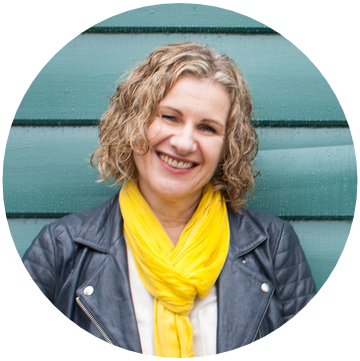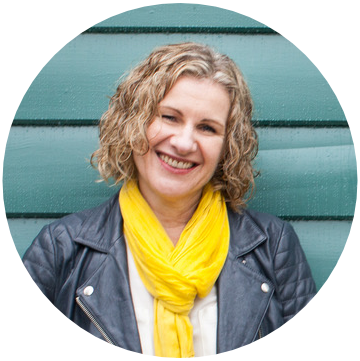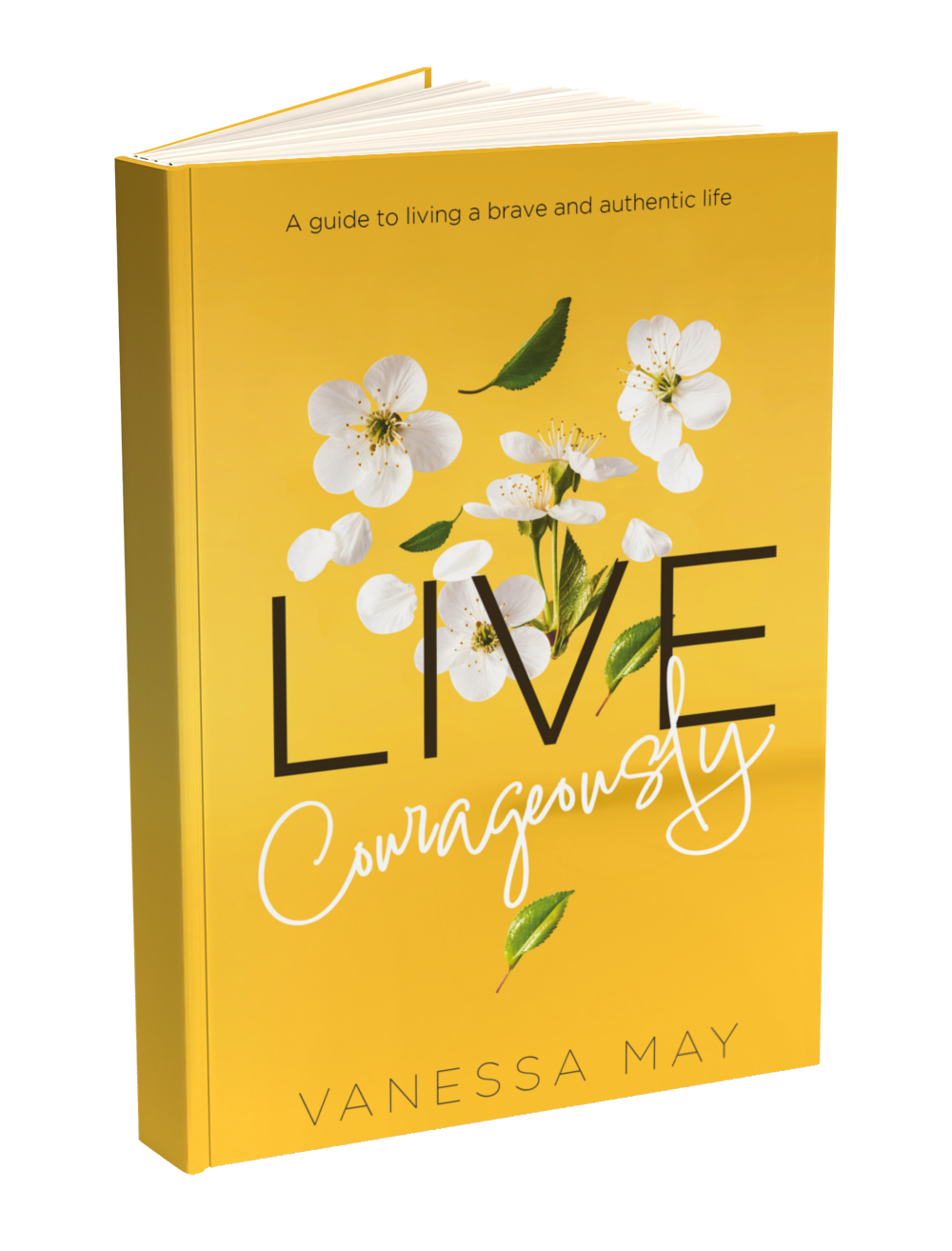Overwhelmed by everyday things
Kate is a character from the first chapter in the book I am writing. She comes to coaching complaining of working long days and feeling emotionally drained. In her mid-forties, she is at an age where her hormones are wreaking havoc on her and are impacting her quality of sleep.
She relies on emotional labour in her work to get things done with conflicting stakeholders. At home she feels like she is walking on eggshells around two teenagers and their moods. All of this is having an impact on her marriage and now her work performance is being affected and highlighted as needing improvement.
Kate is someone who would not normally seek coaching because for most of her life she’s relied upon being strong, stoic, and independent. But she’s terrified by the thought of losing her job and the financial consequences that would have. The issue is she can’t get herself out of this mental fog and constant reactivity to try and keep up.
Human doing vs. human being
Working harder and pushing through is a common response, but it’s unhelpful and ineffective. When you’re overwhelmed you feel confused, uncertain, it’s hard to focus and think logically and you forget things.
The behaviours of grit and work ethic often have hidden beneath them assumptions about how work should be and more importantly how you should be able to meet its demands. But you, like every other human have a limited capacity and when you’ve reached an upper limit, pushing will not support you.
You are not a machine. You have rhythms and cycles and the way many of us work, is not helpful to working at our best.
Stressors are a normal part of everyday living. It’s when they accumulate and overwhelm you that you find yourself reacting disproportionately to the situation. But when you’re surrounded by notions of superwomen who are perfected in every way it’s hard to stop and slow down. You feel you’re inadequate and it’s only you that can’t keep up.
The truth is we are all individual and unique. You need to find your own path, your own rhythm and prioritise that. This is a radical act. It is often easier to follow a conditioned path and struggle to keep up and stay in that lane.
Slowing down matters
When everything is stuffed to the brim, there is no space to let something new come in. Yet it feels counter intuitive to go slower and take stock. That is because you’re holding on to assumptions and beliefs about how things should be. These will be largely unconscious unless you’ve done the work to uncover them. That’s why slowing down takes courage. To stop in the middle of your life, get the rest you need and take the space you need to think clearly and discover your own way forward.
Have you ever caught yourself saying something only to say, “gosh I sound just like my mother!” That’s how it works. You are given a blueprint and unconsciously you adopt those beliefs and behaviours of how you “should” be.
Living authentically
Living in authenticity requires knowing yourself and what you believe to be true. Instead of following some unconscious rule book, you set the terms of your own engagement. You are clear on what matters and why it matters to you.
You stop hiding behind excuses of needing to pay the mortgage, having no choice, or having to have someone else be ok first and you take charge of yourself, your time, and your priorities.
Life audit
To help clients get a bigger perspective on their lives, coaches often use a tool called a balance wheel. It’s helpful to explore where energy is going and how satisfied the client is with that.
However, I believe that first you must audit your life and identify what beliefs are competing unconsciously with what you want to achieve and how you want to be in the world.
For example, if you believe money is scarce, you may hold on to it, compete for it, under invest in yourself and over deliver. If you believe money comes and goes and there is an abundance of it, you may have more ease and grace and lightness with it. You may find asking for the raise or charging for your service is a simple act of exchange. Because the truth is that money is neither good nor bad, it is neutral. You give it charge through your belief system.
Try this
If you want to change your feeling of overwhelm there are different ways to tackle it.
- You can tackle it on an emotional level by creating space to feel into your heart and create some coherence. Try this breathing exercise to help you get back to coherence
- You can explore your behaviours in respect to boundary setting and identify what you’re yeses and no’s are and what needs to shift
- Or you can explore it at a belief level which is a deep dive into the assumptions that you are unconsciously holding that cause you to think and do in an automatic way that is holding you back from making the change you want.
If this sparks curiosity in you and you’d like a deeper dive into it, I have created a life audit to support the wheel of life and I am looking for six people to beta test it with me. If you’re interested, please email me – vanessa@courageunfolding.com. Put beta test as the subject heading and I’ll get back to you with details. The commitment from your side would be the time to complete it, feedback and take part in a 90-minute mini virtual workshop.



